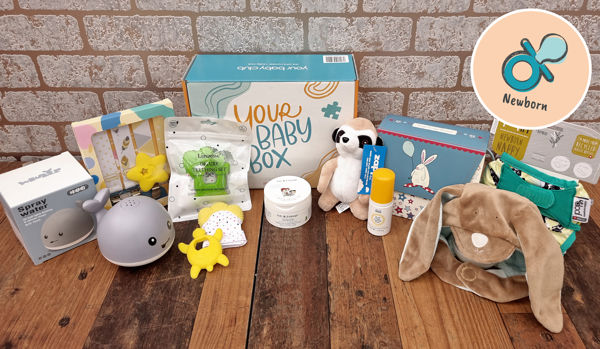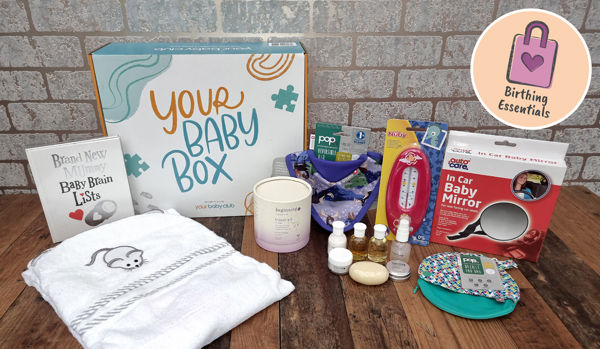Have you just discovered you are pregnant and concerned about what this means for your job, and how your job might affect your pregnancy? Are you adding job and financial worries to the inevitable stresses brought about by the current Corona crisis? Then you are not alone. This is a testing time for everyone and especially new mums-to-be.
It is natural for pregnant women to be asking, what are my employment rights during pregnancy; do I have to go to work; can I be furloughed; what if I lose my job? First of all, congratulations on your wonderful news, and secondly, don’t panic!
What are my employment rights during pregnancy?
Your legal rights as a pregnant woman haven’t changed much due to COVID, but they may come into sharp focus. They include things like:
- A safe place and system of work
- Paid time off to attend antenatal appointments
- Protection from discrimination (unfavourable treatment) because you are pregnant, and this includes not losing your job due to your pregnancy
- Maternity leave and entitlement to Statutory Maternity Pay or Maternity Allowance
As a legal expert on all things employment-related, I can offer you some guidance. This blog addresses the immediate issues around health and safety, pregnancy and COVID.
What does health and safety at work mean for me?
As soon as you inform them you are pregnant, your employer has a legal duty to identify risks to your and your baby’s health at work (by doing a risk assessment) and must put in place appropriate measures to control those risks, either by implementing preventive and protective measures or by removing the risk altogether. What is acceptable will depend on a number of factors, and no two situations are exactly the same.
Will going to work while I am pregnant make me ill?
As a pregnant woman, you are identified as “vulnerable” by the government and should be social distancing, washing your hands frequently, etc. and if you are using public transport or in a public-facing role then you may wish to wear a “face covering”.
The Royal College of Obstetricians and Gynaecologists have issued guidance saying you are at increased risk if you are over 28 weeks pregnant or at any gestation if you have underlying health conditions. There are special recommendations for healthcare professionals who deal with patients face to face. If you are pregnant and have “significant heart disease” then you should be shielding and not going to any workplace. Your employer should, therefore, do a risk assessment when you inform them of your pregnancy, and a fresh one as you approach 28 weeks of pregnancy, or before if your health indicates. If you aren’t sure, then speak to your midwife for advice.
Do I have to go to work?
Removing work-related risks is the best solution, and if you can work from home, that is the best option for everyone during this COVID crisis, pregnant or not. But if the nature of your job means you aren’t able to work from home, then you might be worried about the risk of travelling to work, and also being at work. Shop assistants, some office workers, healthcare workers, school staff, other keyworkers, etc are all having to travel to a workplace right now, and this will be expanding since the PM’s recent announcement about workers being encouraged to return to work where possible.
If you believe you are able to work from home, but your employer is not supporting that, then talk to your manager or HR. If they still insist you must go to work, then get advice from a lawyer, Acas or your trade union.
What else could my employer do to reduce risk?
This all depends on the nature of your job, the size and resources of your employer, your transferable skills, and it requires a bit of creativity and common sense. For example, the most obvious would be moving you to a role that does not require attendance at work, or which can be done away from customers or colleagues, so long as that would be practicable.
Your employer should be consulting with staff about measures they propose, and working with them to create a safer workplace. Other safety measures could be physical, for example:
- shops can put up plastic screens to shield checkout staff from customers breathing or coughing on them
- all employers should be providing hand sanitisers to staff and handwashing facilities
- arrangements for other customer-facing roles can be made so that you sit further back from the counter to keep 2m away from people
- open plan office desks can be moved so that people are further apart and not facing each other.
The government has issued quite comprehensive guidance on workplace safety during the Corona Virus outbreak and it was last updated on 19 May.
What about my mental and physical well-being?
Work-related health and safety include mental as well as physical health. If you are experiencing anxiety or feeling down about your work, health or home situation, then please tell your midwife, and also your employer. Depending on the size of the company, there may be occupational health schemes that can help you, counselling services or an employee support line. In any case, your employer should listen to your concerns, and try and find practical solutions if appropriate. The HSE gives useful info here on your employer’s duties to you.
What if I become unwell with COVID symptoms?
If you develop symptoms of Corona Virus then you must tell your employer and if you are at work you should go home immediately and self-isolate for 7 days according to the UK government, though the World Health Organisation recommends 14 days. You can apply for a COVID test from the NHS if you wish. You are entitled to statutory sick pay (without the usual waiting days) and any contractual sick pay set out in your employment contract or your company policies for the time you are unwell and/or isolating. If you go off sick for a pregnancy-related illness in the 4 weeks before your baby is due, then your maternity leave will automatically start.
What about the risk of travelling to work?
If you use public transport, you may be worried that you cannot socially distance properly (depending on your route and travel methods), that it might increase your risk of catching the virus, or make you late for work. As transport service provision develops to allow more people back to work, it may also mean long delays whilst station staff steward people on platforms and stagger boarding. You may not get on the first, second or even third bus or train. This could mean that you end up working long hours to make up for lateness, or just having an exponentially long commute, meaning extra tiredness, back pain, and being on your feet a long time. These are things you need to discuss with your employer, and see if you can perhaps be moved to a home-working role, have flexible working, be issued with a parking permit if you can drive to work, get help with taxi fares, change your hours, etc. They must consider reasonable changes to your working arrangements, and if no solution is possible that safeguards your health, then as a pregnant woman you are entitled to be suspended on full pay (or be furloughed on full pay).
What should I do now?
If you have just found out you are pregnant and you are going in to work, or if you are pregnant and reaching the end of your furlough period and you are worried about having to go in soon, then there are steps you can take.
First of all, if you haven’t already done so then tell your employer (preferably in writing) that you are pregnant! This gives you some legal protection, because any decisions they make from that point will be with that knowledge, and they can and should take steps to ensure they meet their legal duties.
Secondly, if your employer does not do so (and they should), you should inform them that they must do a pregnancy risk assessment. If you are off work or furloughed, then a new one should be done prior to your return. You should be involved in this, and ideally meet with your manager and/or HR, discuss any concerns you might have and figure out a workable solution that you are both happy with.
Thirdly, keep things under regular review and discussion. If a solution turns out not to be workable after all, or unforeseen difficulties crop up, or just no longer fits as your pregnancy progresses, then ask for a meeting with your manager or HR and raise any issues that are bothering you. If things go south and it looks like you are going to lose your job because a solution cannot be found, either by resigning or being dismissed, then get urgent advice.
Don’t forget to look out for our upcoming blogs on maternity leave rights and COVID. Wishing you a happy and healthy pregnancy and work-life!
This article is correct as of 22 May 2020. It is not comprehensive and does not constitute legal advice and if you are concerned or have any questions you should consult a lawyer, the CAB, or your union if you are a member. I am an experienced employment lawyer specialising in women’s rights and has extensive expertise in resolving workplace problems and negotiating favourable exit packages. I can be contacted at emma-jane@rebel-law.co.uk and https://www.linkedin.com/in/emmajanetaylormoransolicitor/
Copyright Rebel Law Ltd 2020








